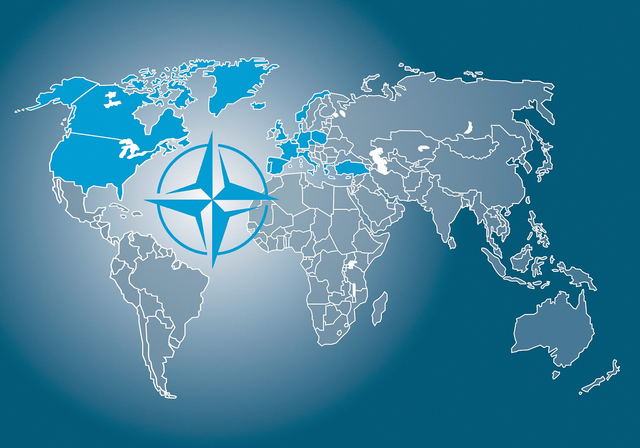NATO Commanders Discuss Preemptive Strikes on Russia: A Closer Look
NATO Commanders Discuss Preemptive Strikes on Russia: A Closer Look

Recent discussions within NATO, particularly from statements made by Admiral Rob Bauer, the Head of the Military Committee, suggest a shift in strategy. NATO is contemplating the possibility of preemptive precision strikes on Russian territory in the event of an armed conflict with any of the alliance countries. This approach represents a significant departure from NATO's traditional defensive posture, stirring global concerns about escalation and the potential for nuclear confrontation.
Context and Implications
NATO's Role: Traditionally, NATO has been a defensive alliance, founded on the principle of collective defense under Article 5 of its treaty, which states that an attack on one member is considered an attack on all. The proposal of preemptive strikes indicates a strategic rethinking, possibly in response to ongoing tensions or perceived threats from Russia.
Russian Reaction: Russian officials, including Foreign Minister Lavrov, have criticized these discussions, accusing NATO of abandoning decency by contemplating first-strike capabilities. The Kremlin has warned that any such action would be met with severe retaliation, potentially involving nuclear weapons, given Russia's long-standing policy of nuclear deterrence.
Pentagon's Stance: In response to these Russian warnings, the Pentagon has reaffirmed its commitment to a "rock-solid" defense of NATO allies, implying a readiness to engage if Russia responds aggressively to any NATO action.
Analysis
Strategic Shifts: This dialogue suggests NATO is adapting to what it perceives as an increasingly aggressive Russian posture, particularly in light of Russia's actions in Ukraine and other regions. The discussion of preemptive strikes might be aimed at deterring further Russian aggression or preparing for conflicts that could expand beyond current theaters.
Global Security: The mere discussion of such actions raises the specter of nuclear escalation, a scenario that many hoped had been left in the Cold War era. This situation underscores the delicate balance of deterrence and the high stakes involved when nuclear powers contemplate military action.
Public and International Reaction: The topic has sparked varied reactions on platforms like X (formerly Twitter), with some users expressing alarm over the potential for World War III, while others debate the ethics and legality of preemptive military actions.
Current Developments
Military Preparedness: NATO has been increasing its military readiness along its eastern flank, which might be seen as preparation for such scenarios. However, these are defensive measures to deter rather than provoke, according to NATO officials.
Diplomatic Efforts: Despite these military discussions, diplomatic channels remain open with Russia, with various Western leaders engaging in dialogues to de-escalate tensions.
Conclusion
The discussions about preemptive strikes by NATO commanders against Russia highlight a complex and evolving security environment. While no actions have been confirmed, the strategic dialogue itself reflects heightened tensions and the need for a nuanced understanding of deterrence, defense, and diplomacy in contemporary geopolitics.
Note: The information provided here is based on current discussions and does not confirm any actions being taken. For further details, one would need to follow official NATO and Russian statements, as well as trusted news sources for updates.